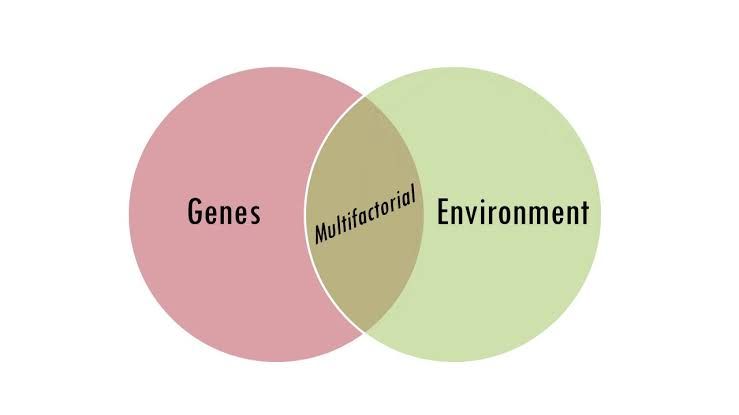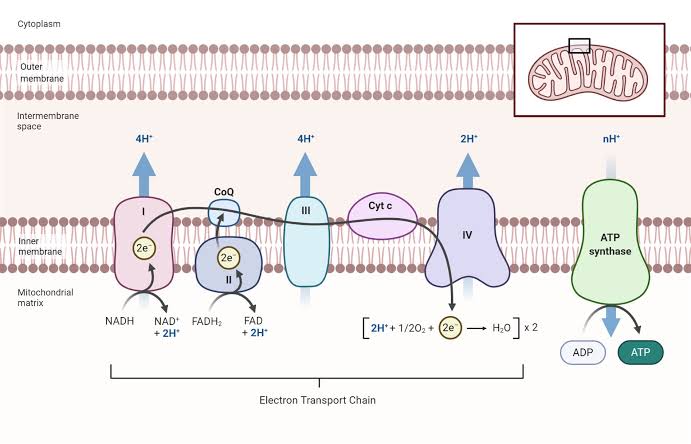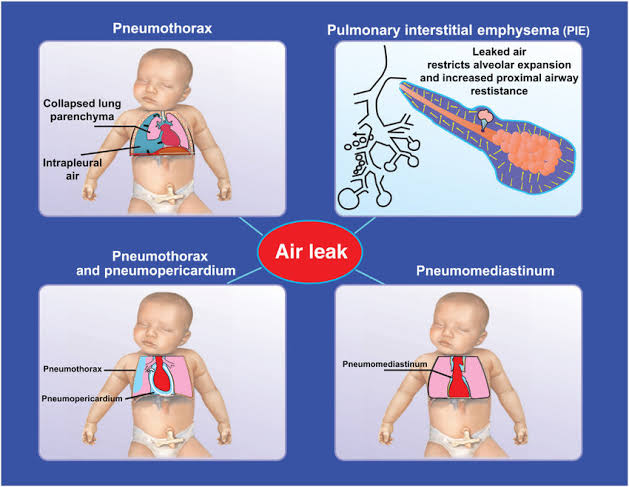
Multifactorial Inheritance
Multifactorial inheritance refers to the genetic mechanism where multiple factors, both genetic and environmental, contribute to the development of a trait or disorder. Unlike single-gene (Mendelian) inheritance, which follows clear patterns of inheritance, multifactorial inheritance involves the interaction of several genes and various environmental influences. This complexity makes it difficult to predict the likelihood of a trait manifesting in an individual based solely on family history.
Factors that can influence multifactorial traits include:
- Genetic Factors: Variations in multiple genes that may predispose individuals to certain conditions.
- Environmental Factors: Lifestyle choices (such as diet and exercise), exposure to toxins, and other external influences that can affect gene expression and overall health.
Polygenic inheritance is a specific type of multifactorial inheritance where multiple genes at different loci contribute additively to a single trait. Each gene involved may have a small effect on the phenotype, but together they create a continuous range of phenotypic variation within a population. Traits governed by polygenic inheritance often exhibit a normal distribution when plotted on a graph, such as height or skin color.
In summary:
- Multifactorial Inheritance: Involves both genetic and environmental factors affecting traits.
- Polygenic Inheritance: Specifically refers to traits influenced by multiple genes without significant environmental impact.
Common Diseases with Multifactorial Causes
- Diabetes Mellitus
- Heart Disease
- Heart disease encompasses various conditions affecting the heart’s structure and function. Genetic factors like family history interact with lifestyle choices (e.g., smoking, diet) and environmental exposures (e.g., pollution) to increase risk.
- Hypertension
- High blood pressure results from complex interactions between genetic susceptibility and environmental factors such as diet (high salt intake), stress levels, and physical activity.
- Alzheimer’s Disease
- Alzheimer’s is characterized by progressive cognitive decline due to neurodegeneration. Genetic risk factors (like APOE ε4 allele) combined with lifestyle factors (diet, exercise) contribute to its onset.
- Cleft Lip/Palate
- Cleft lip/palate is a congenital condition resulting from incomplete fusion of facial structures during embryonic development. Genetic predispositions are influenced by maternal health factors such as nutrition and exposure to teratogens during pregnancy.







